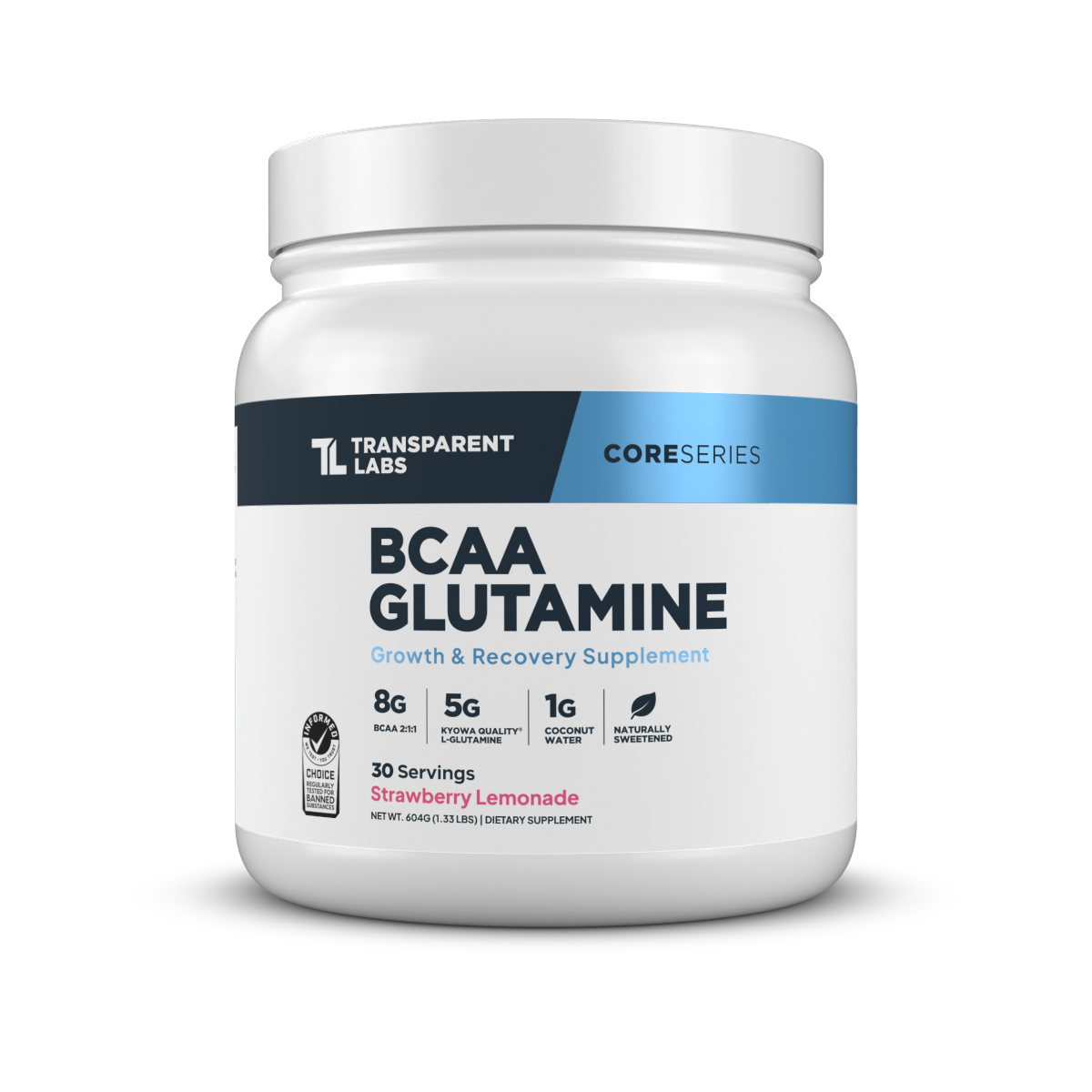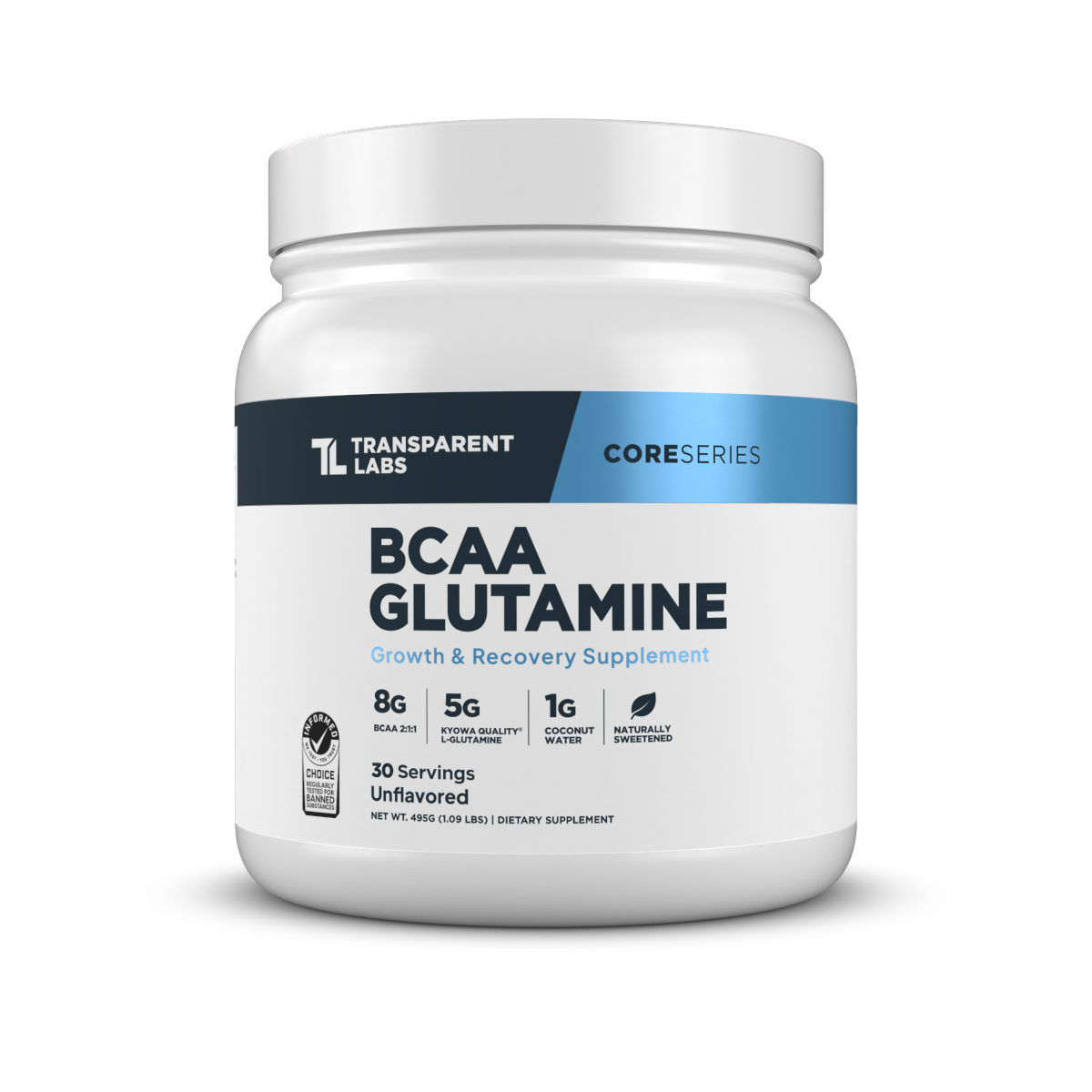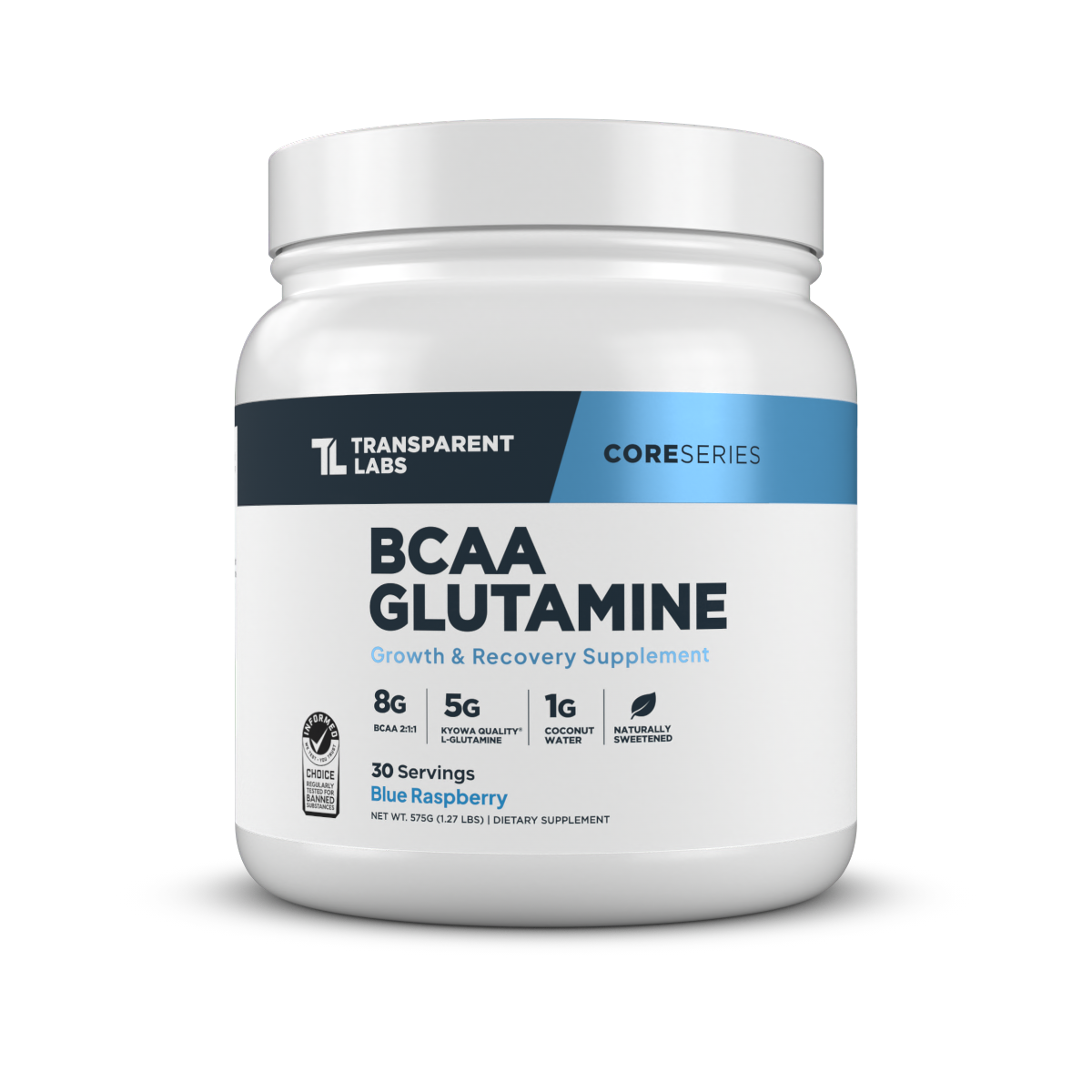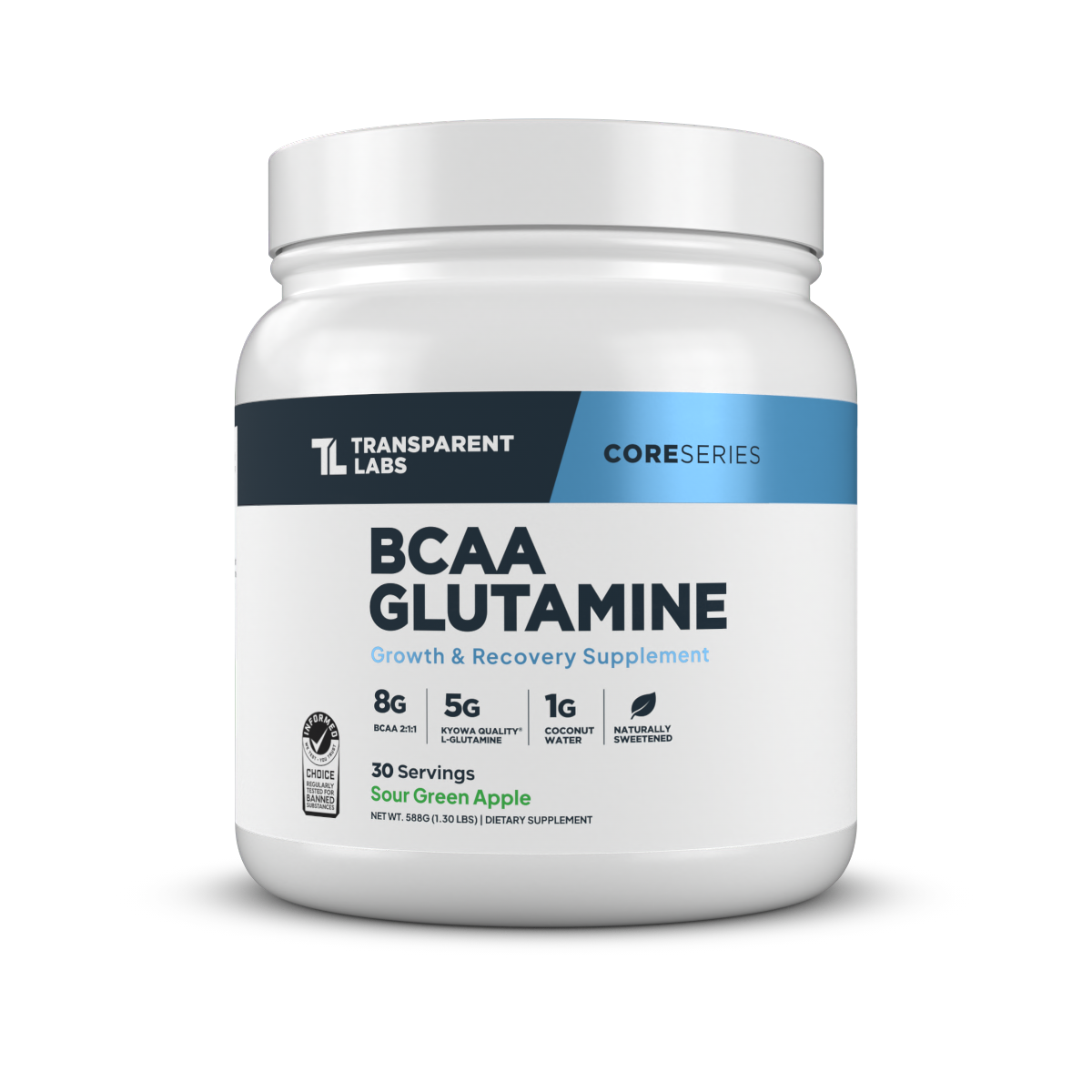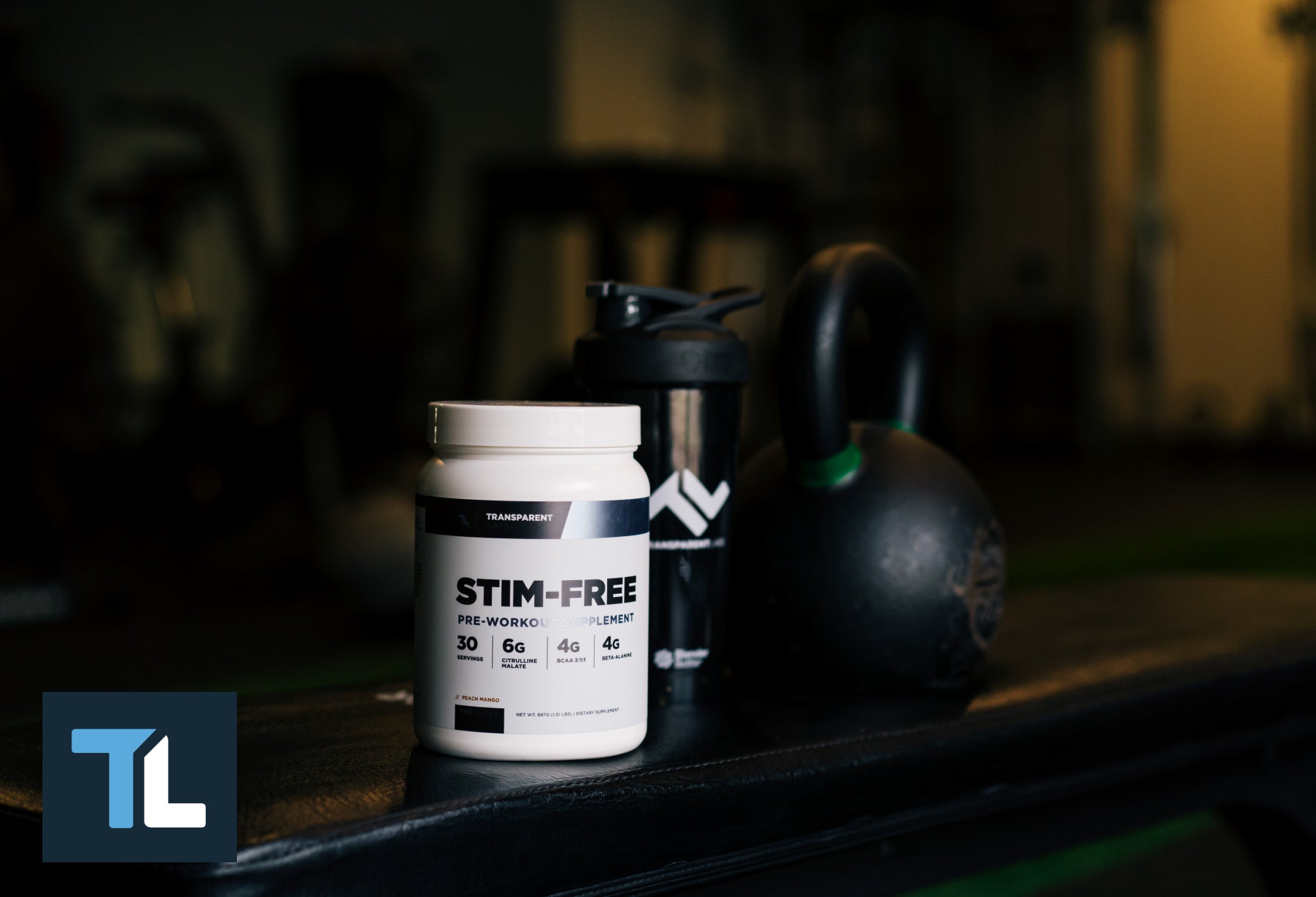Strength training (resistance exercise) and cardiovascular (aerobic) exercise, aka "cardio," are key components of any workout routine, regardless if your goal is to build muscle mass or burn fat. Many bodybuilders and gym-goers understandably dread doing a cardio workout before they pump some iron. Still, the other option—doing cardio after lifting weights—is easy to neglect if you're feeling exhausted and want to call it a day.
So, what's the best order of operations? Should you do weight training or cardio first?
Well, it depends; for the most part, it seems that cardio workouts are best saved until after strength training if your goal is to lose weight and gain muscle.
But there are other factors to consider when doing cardio and weight training in the same workout session. For some people, it may be optimal to do a light cardio warm-up before resistance training.
Read on, and we'll analyze both sides of the cardio-or-weights-first dilemma.
Cardio and Weight Training: Adversaries or Allies?
It's traditionally assumed that strength training and cardio are at odds with one another; if you focus on cardiovascular exercise instead of weight lifting, you'll have a harder time increasing muscle growth. Conversely, lifting weights and not doing any cardio exercises can make it challenging to lose body fat consistently.
The reality is combining cardio and strength training in the same workout session, also known as concurrent training, may have synergistic effects when done appropriately [1, 2, 3]. However, intense cardio training should ideally be separated from weight training by at least several hours to minimize acute interference of muscle-building and fat-burning pathways [4].
Naturally, for those looking to combine low-intensity, steady-state cardio and weight lifting when they hit the gym, the question is, "Should you do cardio or weights first?" The answer to this is relative and a bit nuanced. Let's look at what research has to say on the matter.

Cardio or Weights First: What Science Has to Say
A meta-analysis of 15 studies found no differences in muscle fiber hypertrophy between groups that performed cardio before or after strength training in the same workout session [5]. However, another meta-analysis demonstrates significant detriments in muscle strength performance when cardio is performed before resistance exercise [6]. Moreover, strength gains tend to be greater for individuals who lift weights first and do cardio after than those who do the inverse [7].
Further research suggests that performing cardio after strength training results in a more favorable muscle-building milieu than doing cardio prior [8]. Yet, these findings are discordant with more recent observations that the order of cardiovascular endurance training and weight training has no significant effect on anabolic signaling [9].
Interestingly, several studies have found that both testosterone and cortisol levels were greater in subjects who performed moderate-intensity cardio before intense strength training [10, 11]; this might imply that it's best to do cardio before strength workouts for optimal weight loss. But again, doing cardio before lifting weights will come at the expense of strength and stamina.
The long-standing debate about whether you should do cardiovascular training before or after lifting weights is more a matter of personal preference and performance goals. Despite some equivocal findings in the literature, it's hard to argue against saving cardio until after resistance training because low-intensity, steady-state cardio is less strenuous than lifting (heavy) weight.
Benefits of Doing Cardio Before Weights
Performing cardio before weights can:
-
Effectively warm up your muscles and joints
-
Increase blood flow throughout your body
-
Enhance your range of motion
-
Potentially improve endurance performance
When to Choose This Approach
Consider doing cardio before weights when:
-
Your primary goal is to improve your cardiovascular endurance
-
You're training for a cardiovascular event (e.g. a marathon)
-
You prefer to get cardio done while energy levels are highest
-
Your workout focuses more on lightweight, high-rep training
Benefits of Doing Cardio After Weights
Maximizing Strength Gains
Research indicates that performing cardio after weights may be optimal for:
-
Maximizing strength gains
-
Maintaining muscle mass
-
Optimizing power output during weight training
-
Preventing premature muscle fatigue, particularly in major muscle groups
Optimizing Fat Loss
Post-weight training cardio can be particularly effective for fat loss because:
-
Glycogen stores are already depleted
-
The body may tap into fat stores more readily
-
The afterburn effect (EPOC) may be enhanced
-
Hormone levels are optimized for fat-burning

Why Strength Training Before Cardio Is (Probably) Ideal
The salient takeaway is that it's likely better to do cardio after pumping some iron for body composition purposes. Doing so will also allow you to put more energy into your strength workout, which should precede cardio if you want to pack on muscle mass and cut body fat.
However, depending on your fitness goals, it's certainly viable to do your cardio before lifting weights. The key is monitoring your energy levels so you can train at a high enough intensity throughout the entire workout.
Intuitively, using all your energy to do cardio can hamper your muscle strength, which is less than ideal if your primary goal is to get stronger.
Here's a simple way to determine if you should do cardio before or after weight training, based on your fitness goals:
-
Strength gains → Weights before cardio
-
Endurance improvement → Cardio before weights
-
General fitness → Either approach can work
-
Fat loss → Weights before cardio typically preferred
Related reading: Weight Lifting for Weight Loss.

